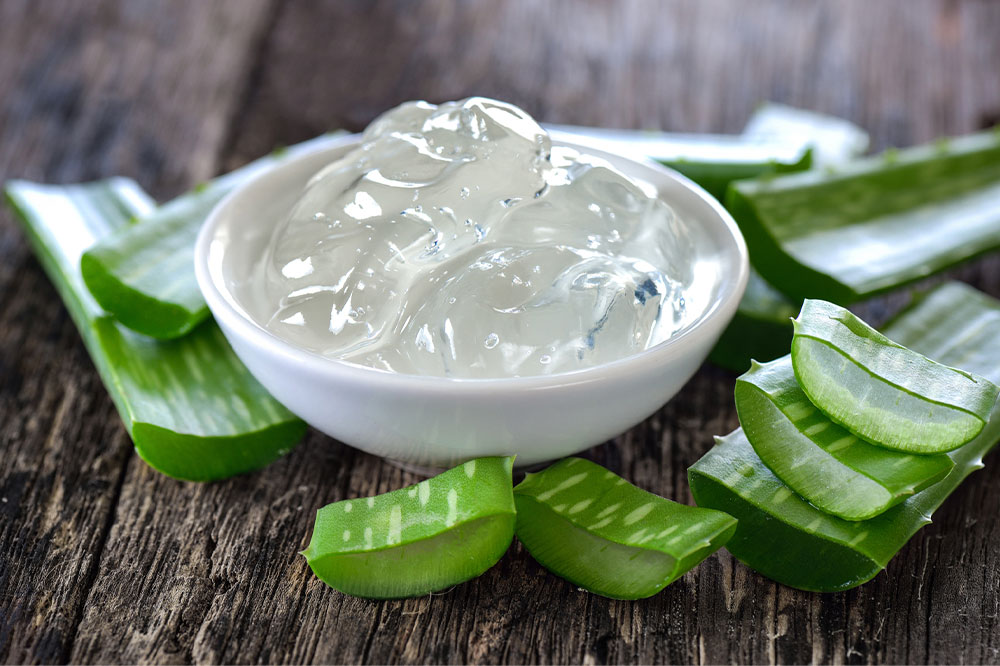Types and Home Remedies for Psoriasis
Psoriasis is an autoimmune condition characterized by red, scaly patches that can form anywhere on the body. These are most frequently found on the scalp, knees, and lower back. The symptoms can vary depending on the type and severity of the condition, but common signs include itching, burning, pain, and red areas of skin covered with silver scales. Topical psoriasis treatment creams, light treatments, and biological therapies may be used to manage the symptoms.

Types of psoriasis
Though its specific etiology is not yet determined, researchers claim that psoriasis is caused by an overactive immune system that unintentionally attacks healthy skin cells. The signs of psoriasis can also worsen when certain triggers, like stress and other infections, are present. The condition comes in various forms, such as:
Plaque psoriasis
This is the most prevalent form of psoriasis representing roughly 80-90 percent of cases. It results in red spots that are coated in a layer of dead skin cells that are silvery white.
Guttate psoriasis
The skin will develop tiny, pinkish-red scars due to this form of psoriasis. It begins in adolescence or infancy and is typically caused by a streptococcal infection.
Pustular psoriasis
An individual experiences reddening of skin and white, pus-filled blisters when they suffer from pustular psoriasis. It may just affect specific body parts or spread over the entire body. It causes extensive redness, itching, and distress. This psoriasis type can also result in protein and fluid loss, electrolyte abnormalities, and infection.
Psoriasis of the scalp
The skin on the scalp becomes red, itchy, and flaky due to this type of psoriasis. It’s crucial to understand that some persons may experience symptoms of several forms of psoriasis.
Home remedies for psoriasis
A number of natural remedies can help manage symptoms and reduce the intensity of flare-ups. Here are some home remedies for psoriasis that are most frequently suggested:
Moisturize
Keeping the skin well-hydrated might help lessen related itchiness and redness. One can also apply a mild, fragrance-free moisturizer as required after showering.
Colloidal oatmeal
Colloidal oatmeal can be added to bathwater to relieve itchy and swollen skin. After soaking for 15 to 20 minutes, gently pat dry.
Apple cider vinegar
One can apply diluted apple cider vinegar to plaques to help soothe irritation and inflammation. Apply with a cotton ball after combining it with water in equal amounts.
Turmeric
When taken orally or used topically, this spice’s anti-inflammatory qualities may help alleviate the symptoms. Apply a paste made of turmeric powder and water to the afflicted regions.
Aloe vera
The aloe vera plant’s gel may moisturize and calm the skin. Directly saturate the affected regions with the gel.
Sunshine
Exposure to sunshine can help some people with their psoriasis symptoms. But one must maintain caution and avoid sunburns, as they might exacerbate the symptoms.
It’s crucial to remember that while these natural therapies may help with managing symptoms, they must be used along with prescription treatments for quicker relief.
Psoriasis treatment creams
One should speak with their physician to create a personalized plan to control symptoms and stop flare-ups. As part of some treatment regimes, the doctor may recommend common psoriasis creams such as:
Topical creams
These are anti-inflammatory psoriasis treatment creams that can help alleviate redness, itching, and inflammation. They can be administered once or twice daily.
Vitamin D analogs
These creams can be applied directly on the affected skin. They aid in reducing inflammation and slowing the rapid proliferation of skin cells.
Salicylic acid
This keratolytic substance is known to be effective in reducing and removing psoriasis scales. It is frequently applied alongside other psoriasis lotions.
Calcineurin inhibitors
These are topical psoriasis creams that calm the immune system to minimize inflammation. They frequently treat psoriasis on delicate body parts, including the face.
Psoriasis is a chronic disorder that requires continuous therapy to control symptoms and avoid flare-ups as there is no cure yet. The severity and frequency of symptoms can be lowered with treatment, but they might not go away entirely.
Treatment duration
Depending on the patient’s symptoms and the success of the selected treatment, the length of the course of treatment may change. Some patients could experience relief shortly after beginning therapy, while others might need several months of care along with home remedies for a noticeable change.
Even if the symptoms improve, the doctors may recommend continuing the prescriptions for some time. Discontinuing them too soon may worsen the symptoms. Many individuals throughout the world are known to suffer from psoriasis. Numerous therapeutic options can help alleviate the symptoms and improve the overall quality of life. In addition to prescription treatments, psoriasis can be managed with alternative methods. Acupuncture, meditation, and yoga are a few ways one can try to relieve inflammation and stress.















